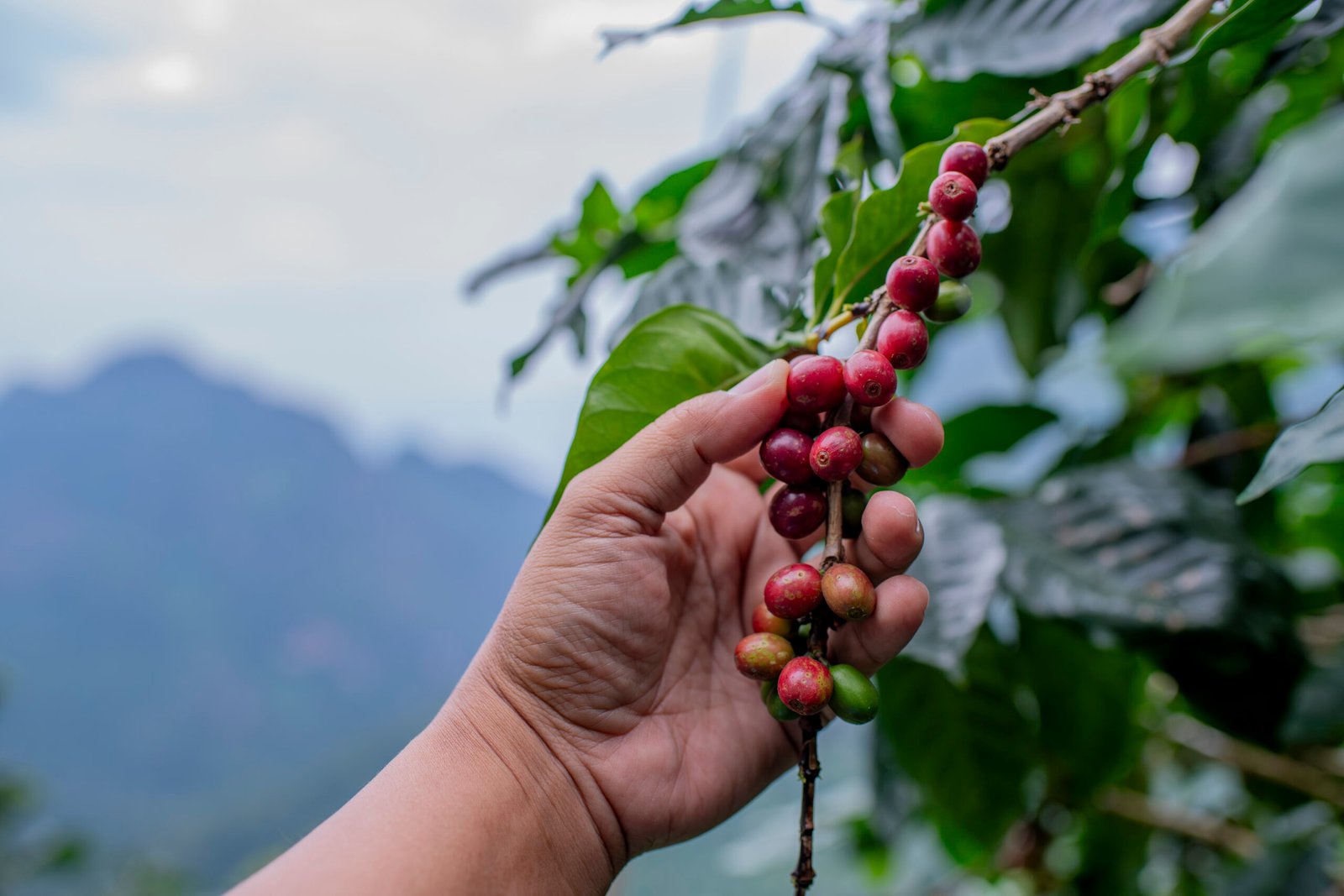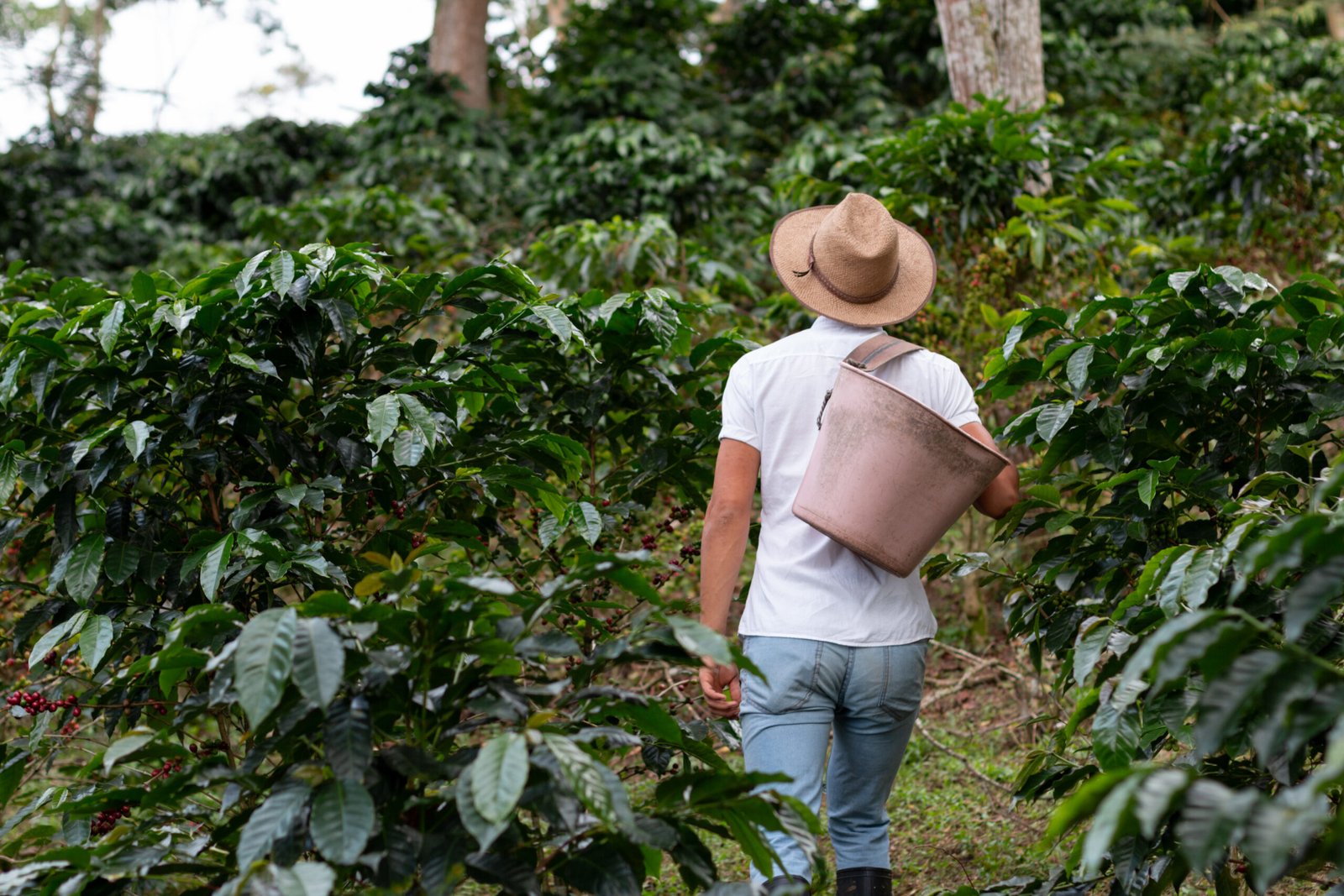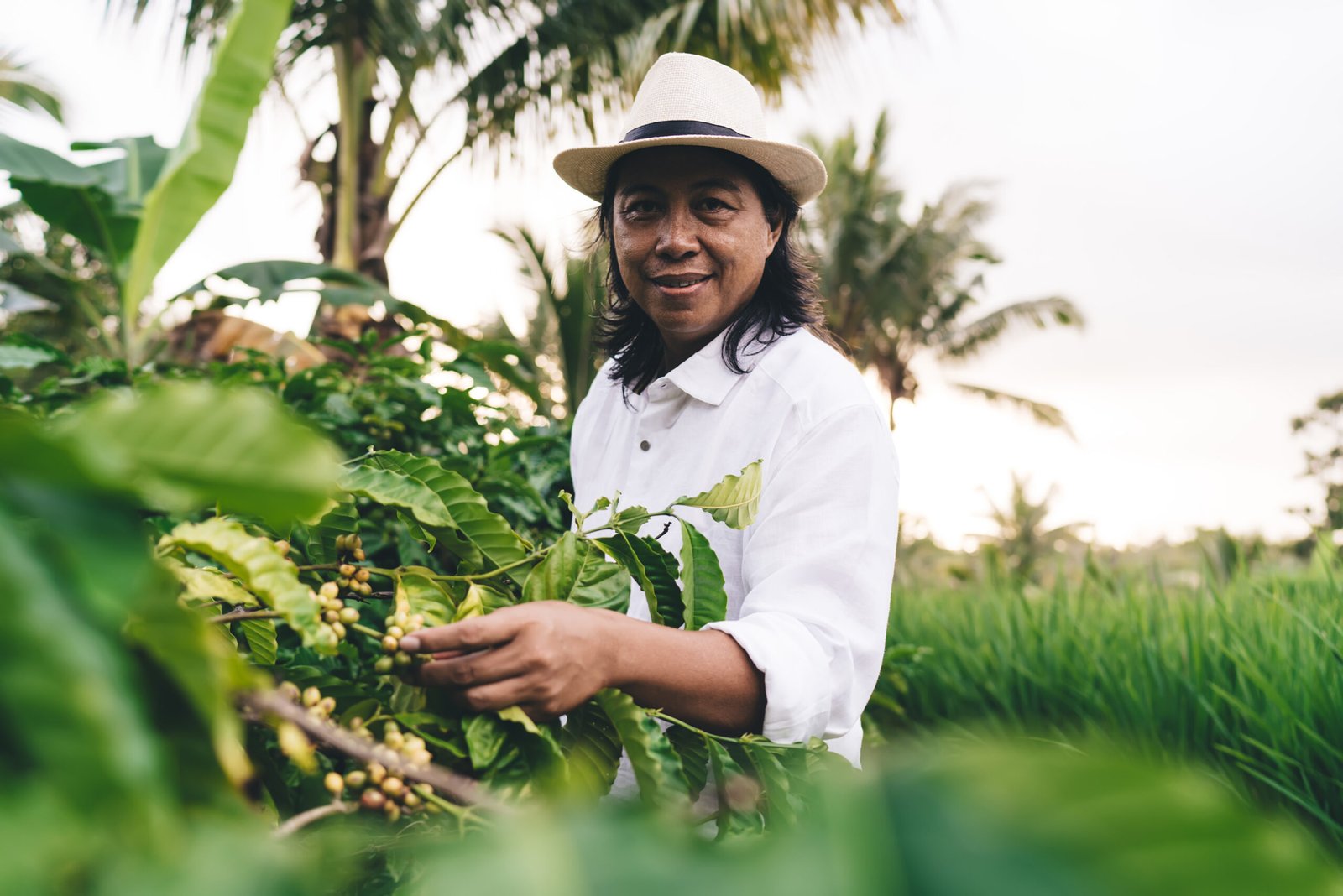In Colombia, coffee farming is a lifestyle deeply rooted in tradition and hard work. Each day, Colombian coffee farmers, known as cafeteros, rise before dawn to hand-pick only the ripest coffee cherries—a meticulous process that ensures quality. From harvesting to processing, every step is carried out with care and sustainability in mind. For these farmers, …
When you sip on a steaming cup of Colombian coffee, you’re tasting more than just a finely crafted brew—you’re experiencing the fruits of labor that starts long before sunrise. In Colombia, coffee is a way of life, woven deeply into the cultural fabric of the nation and sustained by the dedication of coffee farmers, known as cafeteros. From the lush highlands of the Coffee Triangle to family farms in Antioquia and Quindío, each cup of coffee carries a story of hard work, tradition, and pride.
Before the Sun Rises: Preparing for the Day
For Colombian coffee farmers, the day begins well before dawn. Farmers are up with the first light, heading into the fields to inspect coffee plants. In regions like Manizales and Pereira, where the altitude and climate create ideal growing conditions, farmers carefully monitor the progress of their plants. These early hours are when farmers gauge the health of the plants, looking for the characteristic red coffee cherries that signal they’re ready to be hand-picked
The Art of Hand-Picking Coffee Cherries
Harvesting is a labor-intensive process and requires skill, patience, and a keen eye. Each cherry is picked by hand—a method that’s more time-consuming but crucial for preserving the quality of Colombian coffee. Only the ripe, red cherries are selected, which ensures a rich, balanced flavor. Some regions have steep, terraced landscapes that require farmers to navigate challenging terrain, adding an extra layer of difficulty to each pic
Processing: The Journey from Cherry to Bean
For many cafeteros, coffee farming isn’t just a job; it’s a way of life that sustains their families and communities. Increasingly, Colombian coffee farmers are adopting sustainable practices, like organic farming and eco-friendly water use, to protect the environment and maintain soil fertility. Programs like Fair Trade and Rainforest Alliance certifications are helping farmers ensure fair wages and better working conditions, making a positive impact on both their livelihoods and Colombia’s ecosystem
A Sustainable Way of Life
For many cafeteros, coffee farming isn’t just a job; it’s a way of life that sustains their families and communities. Increasingly, Colombian coffee farmers are adopting sustainable practices, like organic farming and eco-friendly water use, to protect the environment and maintain soil fertility. Programs like Fair Trade and Rainforest Alliance certifications are helping farmers ensure fair wages and better working conditions, making a positive impact on both their livelihoods and Colombia’s ecosystem

Closing the Day: Family and Community
As the sun sets, the day’s work might be done, but the tradition of coffee farming doesn’t end in the fields. Evenings are often spent with family, sometimes sharing stories and memories over a cup of freshly brewed coffee. For these farmers, coffee is more than a product—it’s a symbol of heritage and pride, connecting generations through a shared commitment to quality and resilience.











Comments
miaqueen
It’s a great pleasure reading your post!
cmsmasters
Thanks.